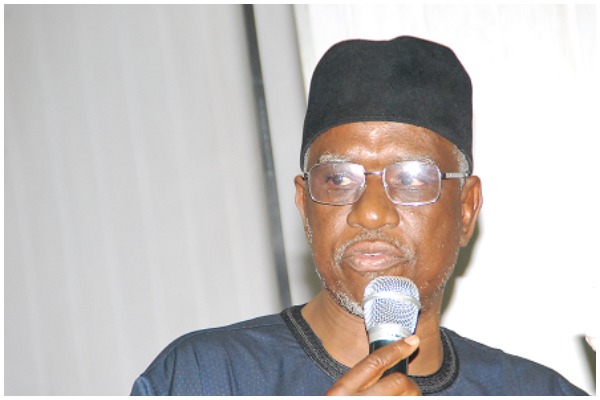Daud Olatunji
In a bold move by both federal and state governments, 24 polytechnics and colleges of education across Nigeria have been transformed into full-fledged universities, with this decision sparking controversy among education stakeholders.
Academic Staff Union of Polytechnics and education reform activists have strongly criticized this transition, dubbing it a plan to “bury” the essence of technical education in the country.
Over the years, this expansion of universities has drawn scrutiny, particularly concerning its financial sustainability.
The Academic Staff Union of Universities (ASUU) has voiced concerns over establishing new universities amid financial constraints, which could strain the resources needed for existing institutions.
The decision to upgrade polytechnics and colleges of education to universities has raised questions about the role these institutions play in producing middle-level manpower..
Polytechnics provide technical and vocational training, technology transfer, and skills development, while colleges of education produce professionally-trained teachers for vocational and technical secondary schools.
Notable conversions include the transformation of Adeyemi College of Education and Alvan Ikoku College of Education into universities by the Federal Government, Kano State’s Saadatu Rimi College of Education’s conversion under former Governor Abdullahi Ganduje, and Emmanuel Alayande College of Education in Oyo State upgraded by Governor Seyi Makinde.
Other conversions include Osun State College of Education in Ilesha, Lagos State’s Adeniran Ogunsanya College of Education and Michael Otedola College of Education, as well as Lagos State Polytechnic.
This shift in education policy has not been without criticism. Dr. Anderson Ezeibe, the National President of ASUP, described the upgrades as “frivolous” and a “manifestation of a lack of consistency in pursuit of vision.”
Ezeibe emphasized the distinct roles of polytechnics in providing hands-on expertise and universities focusing on theoretical education.
Ezeibe raised concerns about the future of tertiary education, stating, “The principal reason for the poorly-thought-out conversion is just because the enrolment figures are dropping across polytechnics due to the discrimination against the polytechnics and their products.”
He proposed an alternative solution, suggesting that polytechnics retain the OND certification for middle-level manpower and introduce a bachelor of technology certification, awarded by the polytechnics in their names.
The conversion of these institutions into universities reflects a significant change in Nigeria’s higher education landscape, with debates about the impact on technical and vocational education continuing to unfold.
Do you want to share a story with us? Do you want to advertise with us? Do you need publicity for a product, service, or event? Contact us on WhatsApp +2348183319097 Email: platformtimes@gmail.com
We are committed to impactful investigative journalism for human interest and social justice. Your donation will help us tell more stories. Kindly donate any amount HERE




